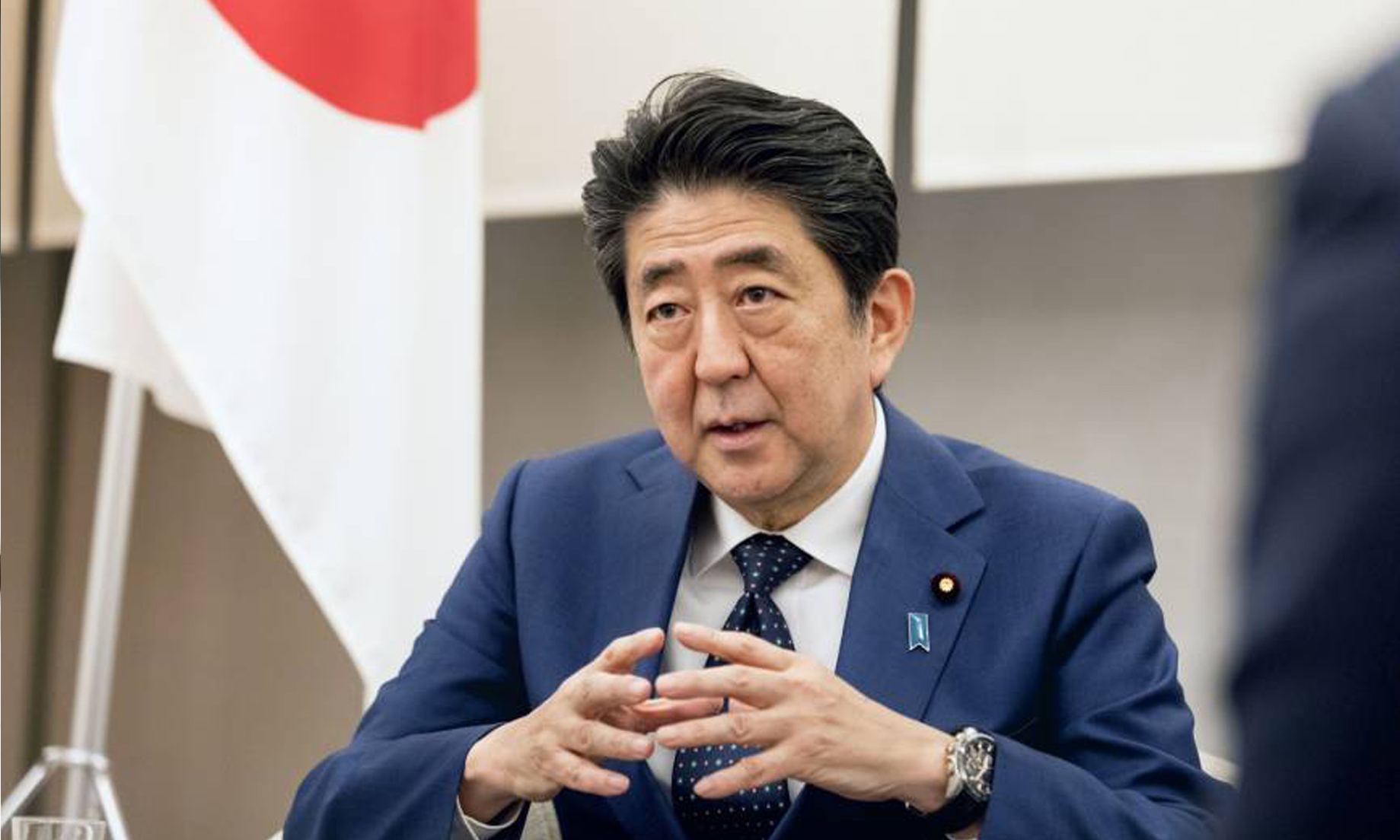SEOUL, August 2 (NNN-Yonhap) — Japan’s Cabinet is widely expected to approve a proposal to remove South Korea from a list of trusted trading partners on Friday in a move sure to deal yet another heavy blow to already badly frayed relations between the two countries.
It would be the second retaliatory measure Tokyo has taken in a row over wartime forced labor. The first came on July 4, when Japan imposed tighter restrictions on exports to South Korea of sensitive industrial materials used for semiconductor and display production.
The row centers on South Korea’s Supreme Court rulings last year that Japanese firms should compensate forced labor victims. Japan has vehemently protested the decisions, arguing that all reparation issues stemming from its 1910-45 colonial rule of Korea were settled under a 1965 accord that normalized bilateral ties.
Japan claims the export curbs are unrelated to the forced labor issue but few believe the claim.
Friday’s decision, if made, would see South Korea excluded from the whitelist of countries granted simplified procedures for purchasing sensitive goods that can be diverted for military use. It would take effect 21 days later.
Under the measure, Japanese exporters will need individual authorization, rather than fast-track approval, for exports of around 1,120 dual-use items to South Korea. It is feared it would cause significant delays and disruptions to imports from Japan.
Although it is not yet clear which items will be most affected by Seoul’s removal from the list, analysts speculate that sectors with strong growth potential, including lithium-ion batteries, carbon fiber and engineering equipment, could be the targets of Japan’s stringent export controls.
But it could hit Japanese companies too, as they may lose revenue from Korean buyers.

zIn a last-minute effort to defuse the row, South Korean Foreign Minister Kang Kyung-wha held talks with her Japanese counterpart, Taro Kono, in Bangkok on Friday on the sidelines of a regional security forum, but the two sides failed to narrow their differences.
After the talks, Kang warned that Seoul could reconsider its participation in a bilateral military intelligence-sharing accord with Japan if Tokyo presses ahead with removing South Korea from the list.
Officials in Seoul have hinted that the country could consider terminating the 2016 General Security of Military Information Agreement aimed at sharing intelligence to better cope with threats from North Korea. The pact is supposed to be renewed automatically every year, but can be terminated if either side informs the other of its intention to end it.
This year’s notification deadline is Aug. 24.
South Korea has urged Japan to withdraw its economic retaliatory measures, saying they are unfair and run counter to principles of international trade. Seoul has called for a resolution of the matter through diplomacy rather than a dispute settlement process.
As a solution to the forced labor issue, South Korea proposed in June that companies of the two countries create a joint fund to compensate victims, but Tokyo immediately rejected the offer.
Seoul has sought Washington’s help in resolving the row.
The U.S. has reportedly called for its two Asian allies to consider signing a “standstill” agreement to buy time to negotiate a solution. Japan has denied it received such a request from Washington.
NNN-Yonhap






